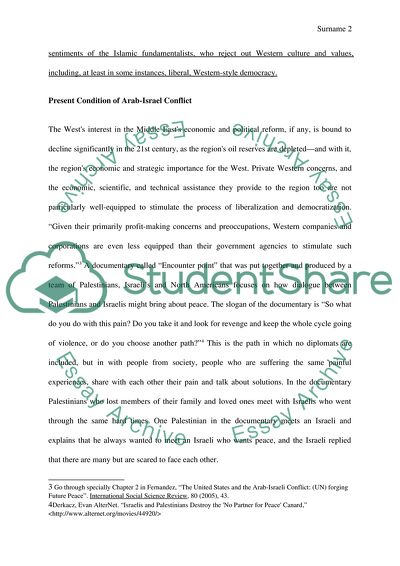Cite this document
(“Arab-Israel Conflict: American Investment in People Research Paper”, n.d.)
Arab-Israel Conflict: American Investment in People Research Paper. Retrieved from https://studentshare.org/military/1584350-arab-israel-conflict-american-investment-in-people
Arab-Israel Conflict: American Investment in People Research Paper. Retrieved from https://studentshare.org/military/1584350-arab-israel-conflict-american-investment-in-people
(Arab-Israel Conflict: American Investment in People Research Paper)
Arab-Israel Conflict: American Investment in People Research Paper. https://studentshare.org/military/1584350-arab-israel-conflict-american-investment-in-people.
Arab-Israel Conflict: American Investment in People Research Paper. https://studentshare.org/military/1584350-arab-israel-conflict-american-investment-in-people.
“Arab-Israel Conflict: American Investment in People Research Paper”, n.d. https://studentshare.org/military/1584350-arab-israel-conflict-american-investment-in-people.


